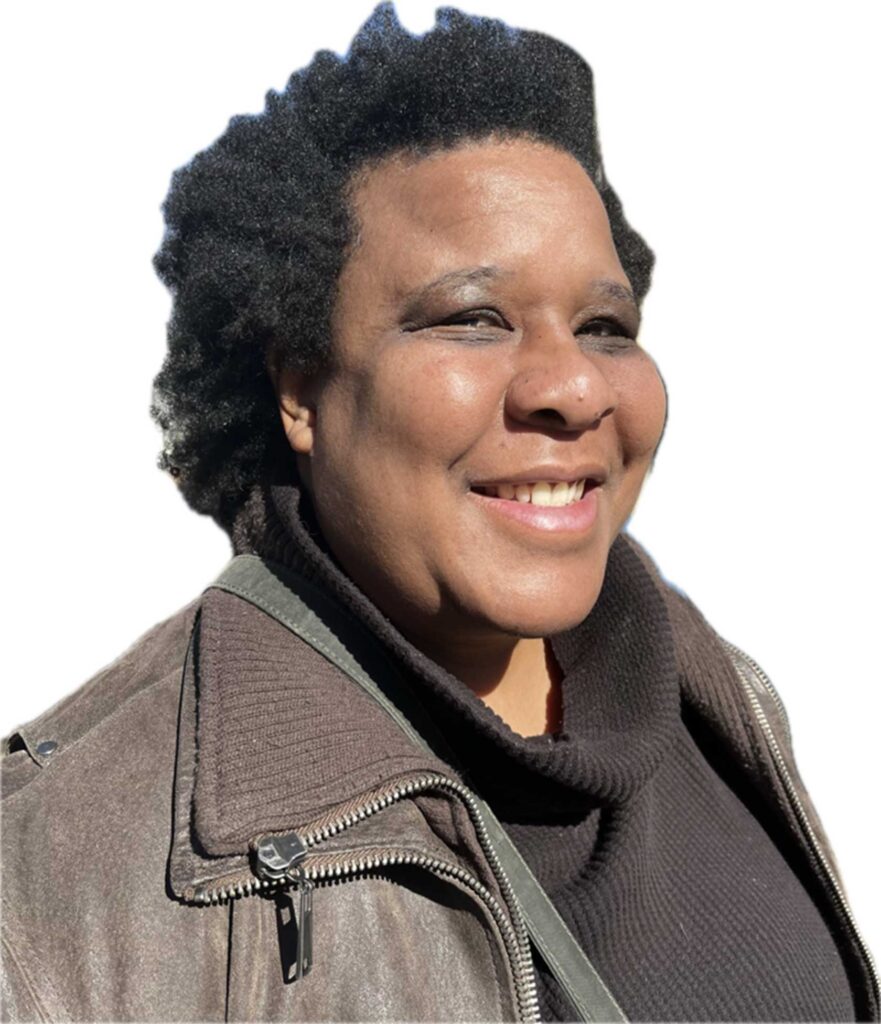Big step for Ujima Project
Group announces financial independence, launches investment plan for community needs

For the first time since the Boston Ujima Project formed, the group is becoming financially independent, a step the group’s leadership said comes at a moment of maturation for the seven-year-old group.
The move comes amid a number of changes the group is starting or considering to expand and support its operations and investments in Boston’s communities of color. (The Ujima Project is a financial supporter of the Bay State Banner.)
“It definitely is an exciting new chapter for Ujima right now,” said Nia Evans, the group’s executive director.
By becoming an independent organization — the group plans to officially announce its independence and 501(c)(3) status later this month — Evans said the group will have a little more control and direction over its operations. Previously, City Life/Vida Urbana and subsequently the Center for Economic Democracy served as fiscal sponsors of the group.
In addition to becoming an independent organization, the Ujima Project — which uses its member base to democratically vote for where to provide support in an attempt to build local economic infrastructure — is also considering investments in the Boston Community Land Trust, which would mark its first push into land and real estate. It is also ratifying a plan focused on identifying and centering businesses that were identified as community needs — a so-called “Businesses We Need” investment plan.
The group’s new investment plan comes out of work done at the time of Ujima Project’s formation in 2017. At that time, through community engagement processes, the group asked community members what they wanted to see in their neighborhoods and what they thought their neighborhoods needed.
“That’s essentially our thesis: If you engage in a participatory process, then perhaps that will lead you to making better community investments that are actually what communities need and what communities want,” Evans said.
The new investment plan centers about 150 businesses that stemmed from the needs community members identified, like affordable child care, sit-down restaurants, coffee shops and community-owned energy, following the engagement process and feasibility studies conducted by the organization.
Once on the list, the businesses are eligible to join the group’s Good Business Alliance. The Ujima Project has a “Business We Love” list that lets a business join the alliance.
When Evans spoke with the Banner, the plan’s ratification process was ongoing, but she said that the Ujima Project had already sent out 15 notices to businesses and received positive responses from 12 of them.
Evans said the investments considered in the new plan are significant because they’re a specific response to what the community asked for.
“The part of this that’s really exciting for me is that we’re able to say investments that are made from this list will directly fill community needs,” she said.
Also on that list of community needs was investment in community land trusts and affordable housing, an avenue the Ujima Project is considering pursuing through an investment in the Boston Community Land Trust.
It’s a move that follows up on early modeling the group did of the Ujima Fund, which included investments in real estate.
The land trust investment would also mark the first time the group has pursued a deliberate co-investment opportunity. The group is considering the investment in partnership with the Boston Impact Initiative and the Local Enterprise Assistance Fund.
Evans said the changes at the organization follow a year in which the group was increasingly successful in engaging its member base to push for change. In 2023, the Ujima Project ran five investment votes — the investments the group pursues are decided by a vote of its members — a record for the organization. Previously, the group had run three votes total.
It also saw greater engagement in the voting. Previously, the group required a quorum of 51% of its members to run an investment vote. During votes in 2023, the group regularly saw engagement at about 59%, so this year they officially raised it to 60%.
Evans said the group aims to raise its official quorum to 75% within the next few years.
This year, the group also put out its largest investment to date, she said, with $300,000 directed to Kidogo Productions.
“Last year, 2023, we had a pretty banner year,” Evans said. “I would look at that as a bit of a presaging of this moment where we are operating as an independent entity and looking forward to more learning, more growth, more refinement.”






